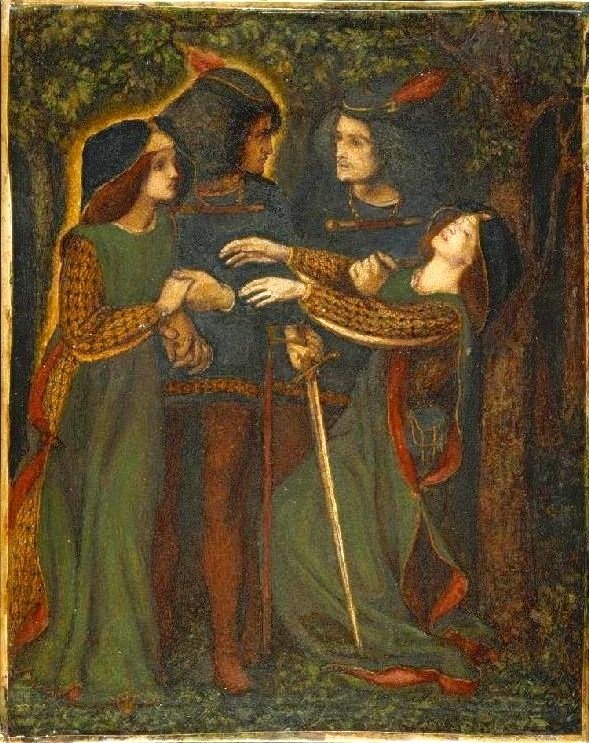My father kept recommending library school. After graduating from Rutgers with a major in history and a minor in various other things, mainly English but also drama, modern dance, ceramics, and Italian, and the year in Ireland where I immersed myself in the potato famine, I graduated into the recession of 1979-80. After the stint working with the children of battered women and then running an Installation gang and then being a cocktail waitress, I could climb telephone poles, comfort miserable kids, and sort of manage a room full of drunks even though I was always giving the wrong change. Despite this bizarre job history, I knew two things: I was really smart and had no idea what I wanted to do aside from writing, which was dangerous. I had been told repeatedly that my writing was very good, even great; I kept numerous notebooks filled with stories, novel beginnings, plays, and poetry, but writing was forbidden fruit, a thing that implied I was able to be as brilliant as the famous writers my parents knew and yes, as brilliant as my father. Who thought I should be a librarian?
Read MoreMeanwhile, extra child or not, I needed work. I applied and was hired at Random House as an assistant to two editors. I started to breathe again, to find a way to speak to people without checking whether my ex was lurking somewhere, although I found dating impossible. My response to the touch of a man was to flinch. I felt alienated from the life of the body, increased by my own strictly controlled diet and compulsive exercising. Without alcohol or drugs, the only way to blunt the edges was endorphins available after a ten-mile run or an insanely hard aerobics class. I was disassociated enough to wake up on a train hurtling into the Bronx, having fallen asleep but not just asleep, like falling into a well. I thought I had narcolepsy or a brain tumor that suddenly turned the lights off. In fact, it was depression. I was protected by people who gently woke me up, suggested I needed help, sat beside me, and ensured my possessions were safe.
Read MoreI wasn't thrilled with Alcoholics Anonymous. Growing up, my mother identified one person as being in AA, a certain Princeton person, and attributed his mediocre piano playing and boring conversation to his membership in that club. I had never been a group person, and when it seemed like I was accepted into any clique or inner circle, I immediately threw myself back out. This was partly my father's fault, for despite his popularity and professional success, he would frequently suggest he put on this Irish "serf" cap and go and grovel on the wide, verdant lawns of the Princeton rich. I certainly didn't believe in God, and while there was talk of a non-god "higher power," God was woven into much of the literature. It wasn't just a matter of belief but sheer hatred. God had killed my sister and best friend. God had made my father drink and get violent. God did nothing about violence, racism, child abuse, and poverty. I regarded God as a thing that caused wars and perpetuated patriarchal tyranny. I was very angry, but my former method of dealing with rage, drinking until blackout, was no longer available.
Read More


